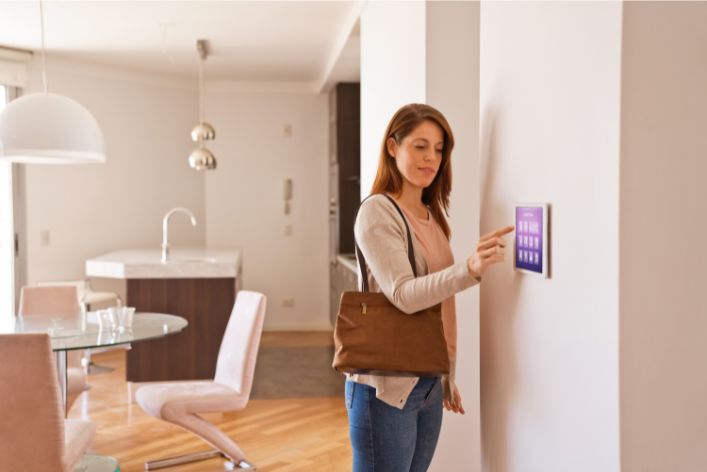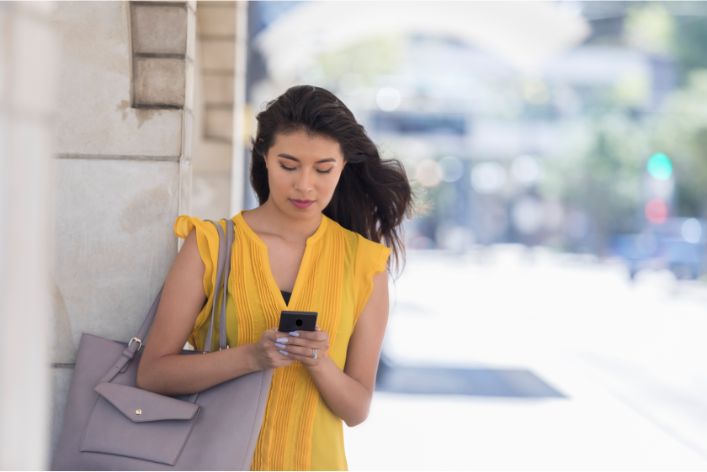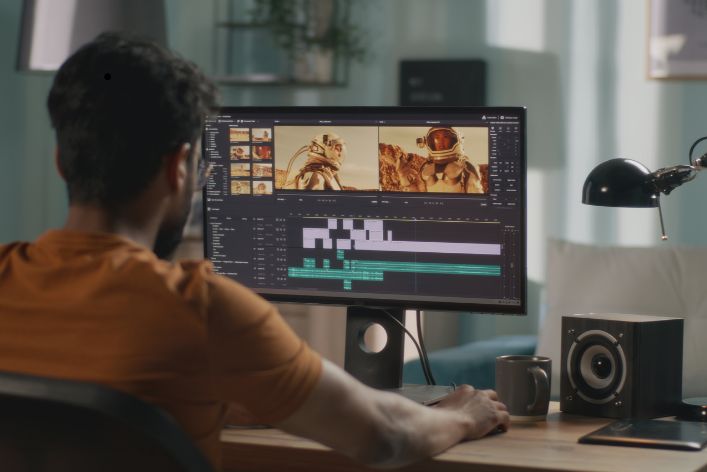Last Updated on February 13, 2023

We have realized the role social media plays in life and business and its bright side is widely noted. It has allowed us to connect with friends and family worldwide, stay informed about current events, and even make new friends. Many people, brands, and organizations have benefited from social platforms as it connects people with one another and often with advertisers. But not all of it is good. With its many benefits come many drawbacks that can have serious consequences.
There is a dark side to social media that more people ought to be discussing — digital drama and unintended consequences for consumers, brands, or businesses. And each brings new privacy considerations, challenges, and opportunities for consumers and advertisers.
Awareness is the first part of addressing the dark side of social media. Then, we must address the problematic unintended consequences of its use. In this blog post, we will explore the dark side of social media and discuss the negative effects it can have on mental health, relationships, and the spread of misinformation.
also read: The Merits and Demerits of Social Media Today
The Negative Effects of Social Media on Mental Health

Social media has become a platform for people to present their best selves to the world, with curated and filtered posts, highlighting the highlights of their lives. This can lead to feelings of inadequacy, low self-esteem, and depression when people compare their own lives to those they see on social media. The constant bombardment of images, videos, and posts can also increase feelings of anxiety, leading to an overwhelming sense of pressure to keep up with the fast-paced world of social media.
Negative Emotions That Can Be Caused By Social Media
Depression: Social media can contribute to feelings of loneliness and depression as it can lead to feelings of social isolation. This is particularly true for people who spend a lot of time doom-scrolling and have limited face-to-face interactions. The constant exposure to images and posts that present an idealized version of reality can also lead to feelings of hopelessness and self-doubt.
Anxiety: The fast-paced and often frenetic environment of social media can increase feelings of anxiety and stress. This can be particularly true for people who are constantly checking their devices for updates and notifications. The constant pressure to keep up with the latest news and trends can also lead to feelings of anxiety and stress.
Low Self-esteem: Social media can hurt self-esteem as it can lead to feelings of inadequacy when people compare themselves to others. This is particularly true for people who see posts and images that highlight the highlights of others’ lives while hiding their own flaws and struggles.
Read more: How Social Media Affects Your Mental Health
Evidence to Support the Negative Effects
One study, conducted by the Royal Society for Public Health in the UK, found that social media use was linked to increased levels of anxiety, depression, and poor sleep. Another study, conducted by the University of Pittsburgh, found that its use was associated with a greater likelihood of experiencing depression, anxiety, and low self-esteem.
Imagine a student who spends hours scrolling through social media every day and may begin to experience feelings of loneliness and social isolation as they compare their own life to the highlight reels they see on their feed. A young professional who feels the pressure to constantly check their phone for updates may experience increased levels of anxiety and stress, leading to feelings of burnout.
The Spread of Misinformation

Social media has become a primary source of information for many people. However, with the ease of access to information comes the potential for the spread of misinformation. This can be particularly problematic when it comes to sensitive and important issues such as politics and public health. Misinformation on social media can contribute to public confusion and mistrust, leading to serious consequences.
The Consequences
Political Polarization: Misinformation on social media can contribute to political polarization as people may see and believe information that supports their existing beliefs and opinions. This can lead to a breakdown in the ability to have productive and respectful conversations, leading to increased division and conflict.
Public Health Concerns: Misinformation about public health issues can be particularly dangerous. For example, spreading misinformation about vaccines on social platforms has contributed to the resurgence of preventable diseases such as measles. The spread of false information about treatments and cures for diseases can also lead to serious consequences, such as people choosing ineffective treatments over proven medical remedies.
Loss of Trust: The spread of misinformation on social media can lead to a loss of trust in news sources and government institutions. This can contribute to a breakdown in social cohesion and make it more difficult to address important public issues.
Evidence to Support the Consequences
One study, conducted by the Pew Research Center, found that 64% of American adults believe that social media has a mostly negative effect on the way news is reported. Another study, conducted by the Reuters Institute, found that only 39% of people believe that it does a good job of helping them separate fact from fiction.
The spread of misinformation on social media can be seen in the recent events surrounding the COVID-19 pandemic. Despite efforts by public health officials to provide accurate information about the virus and its effects, false information about treatments and cures was widely shared on social platforms, leading to confusion and mistrust among the public. The spread of misinformation about the election results in the United States in 2020 is another example of the dangerous consequences of the spread of false information on social media.
Negative Effects on Relationships

Social media can hurt relationships as it can contribute to feelings of jealousy, resentment, and a communication breakdown. The constant exposure to images and posts highlighting the highlight reels of others’ lives can lead to feelings of inadequacy and low self-esteem. The pressure to constantly be connected and updated can also contribute to a breakdown in face-to-face communication and meaningful connections.
Relationship Problems Caused by Social Media
Jealousy: Social media can contribute to feelings of jealousy as people compare their own lives to the highlight reels they see on others’ profiles. This can lead to feelings of resentment and a breakdown in relationships.
Breakdown in Communication: The constant pressure to be connected and updated on social media can lead to a breakdown in face-to-face communication. This can make it difficult for people to build meaningful connections and relationships with others.
Lack of Empathy: The fast-paced and often superficial nature of social media can lead to a lack of empathy as people are not able to fully understand the experiences and emotions of others. This can contribute to a breakdown in relationships as people become more disconnected from one another.
Increased Conflict: Social media can often lead to misunderstandings and miscommunication, leading to increased conflict in relationships. This can be particularly problematic in romantic relationships where issues can escalate quickly and lead to serious consequences.
Addiction: For some people, it can become an addiction, leading to a neglect of other important aspects of their life, including relationships.
Read more: The Impact of Social Media on Relationships
Evidence to Support the Consequences
Many studies have found that its use was associated with decreased feelings of empathy and a breakdown in face-to-face communication. Another study, conducted by the University of California, found that its use was linked to increased feelings of jealousy and resentment in romantic relationships.
The negative effects on relationships can be seen in the experiences of many people. For example, a couple who spends hours on their phones scrolling may find that they have difficulty connecting and communicating with one another. A friend who is constantly comparing their own life to the highlight reels they see on others’ profiles may experience feelings of jealousy and resentment, leading to a breakdown in their relationship.
Conclusion
Social media has the potential to be a powerful tool for connecting people, sharing information, and promoting social change. However, it is crucial to be aware of its negative consequences and to take steps to minimize these effects. By using social media in a responsible and balanced way, we can maximize its benefits and minimize its drawbacks.
Before you go…
Hey, thank you for reading this blog to the end. I hope it was helpful. Let me tell you a little bit about Nicholas Idoko Technologies. We help businesses and companies build an online presence by developing web, mobile, desktop, and blockchain applications.
We also help aspiring software developers and programmers learn the skills they need to have a successful career. Take your first step to becoming a programming boss by joining our Learn To Code academy today!
Be sure to contact us if you need more information or have any questions! We are readily available.











